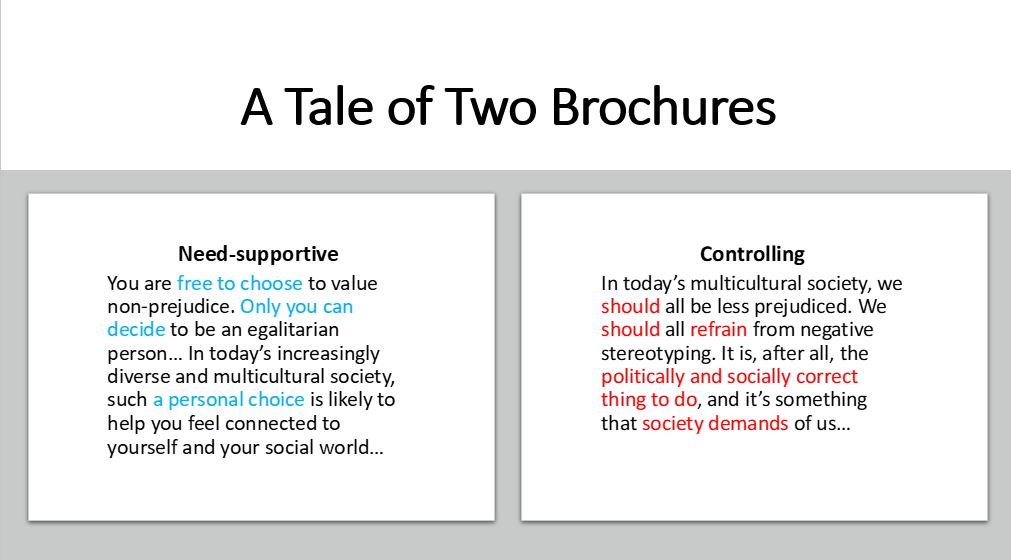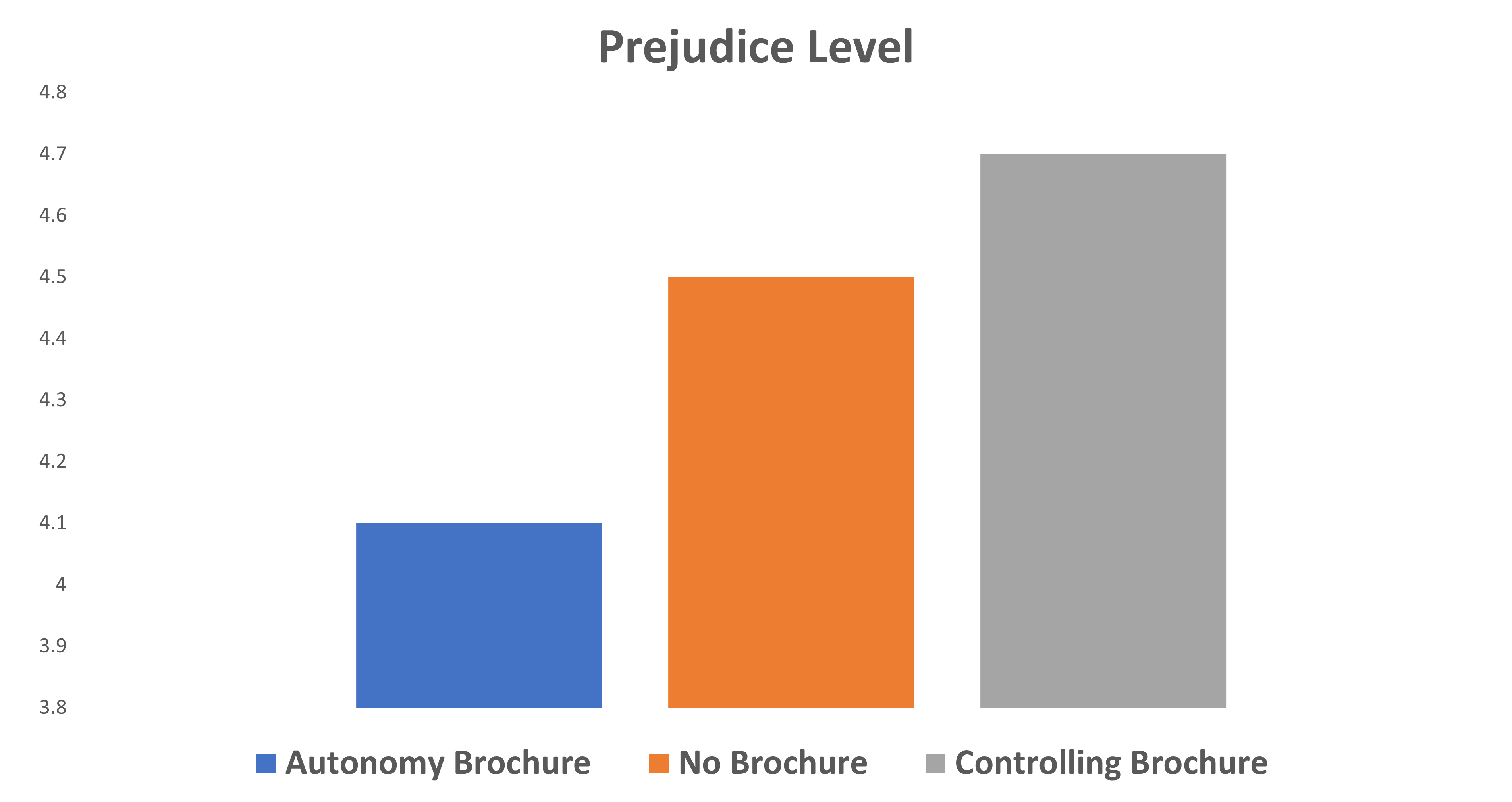Is Preaching to Your Choir Turning Off Everyone–Including the Choir?
“We should all be less prejudiced.”
Does this statement and point of view sit well with you? Maybe it matches your beliefs. Maybe you think it’s so obviously correct that it’s like saying water is wet; it’s almost factual and certainly unobjectionable.
What about this sentiment? “You are free to choose to value non-prejudice. “
Too wordy? Too wishy washy? Not clear and defiant enough or matching the urgency and need of the day? Not stoking the passion or anger embers enough? Not matching how you feel?
The world is getting increasingly polarized. We are a species that likes to hear what we like to hear. We seek it out because it further reinforces our beliefs. As a consequence we become so convinced of our core, root-cause beliefs that evidence running counter doesn’t cause us to rethink. Ironically, it makes us double-down on our pre-existing views.
That’s a tough world to navigate and the idea of “tribes” and finding your like-minded supporters rings true to many of us. It seems like not only a wise strategy, but perhaps the only strategy. And if you’re preaching to the choir and they like fire and brimstone, then damnit, give em’ hell.
But what if the wishy washy prejudice message (or your equivalent) is better for everyone? Your tribe, your persuadables and even your enemy camp.
Canadian researchers had a hypothesis that preaching at people about what they should do and what’s right and wrong feels controlling. And if you’re trying to control me it’s the same as taking it from me. They further hypothesized that this controlling message undermines my autonomy so much that it’s worse than sending nothing at all, even if I agree with your underlying (but poorly delivered) message.
Going even further, the researchers hypothesized that a softer sell aimed at keeping the choice and control with me would work better than sending nothing.
In short, the path to better advocacy and persuasion is the softer sell that purposefully and strategically is aimed at reinforcing and endorsing my autonomy; that part of the message is as important as the issue or topic part.
Study participants were in one of three groups – no brochure, the need supportive and autonomy one or the controlling brochure. All study participants completed a structured, validated survey measuring levels of prejudice and their sense of personal autonomy after reading their assigned brochure (or nothing for control).

Here are the results. A controlling message designed to get people to be less prejudiced had the opposite effect.  Like any well designed study (99% of those in our sector unfortunately don’t pass that test), it must give some answers on the why of the results.
Like any well designed study (99% of those in our sector unfortunately don’t pass that test), it must give some answers on the why of the results.
Why does pressuring messaging backfire, even if people are otherwise inclined to agree with it?
The analysis showed that people’s sense of autonomy was lower and this caused the well established phenomenon of psychological reactance – i.e. tell me what to do and I’ll do the opposite. It’s not just a human failing of two year olds. It stays with us as adults.
More specifically, telling me what I should do lowers my personal sense of autonomy. Your advocacy message is using external or societal concerns at the expense of my personal ones. Guess which wins out? Our base, core needs will always win out in the long run.
By undermining people’s core needs you make prejudice or whatever your cause is or whatever you are advocating for less likely to be supported even with a seemingly slam-dunk case of being less prejudiced.
Kevin


